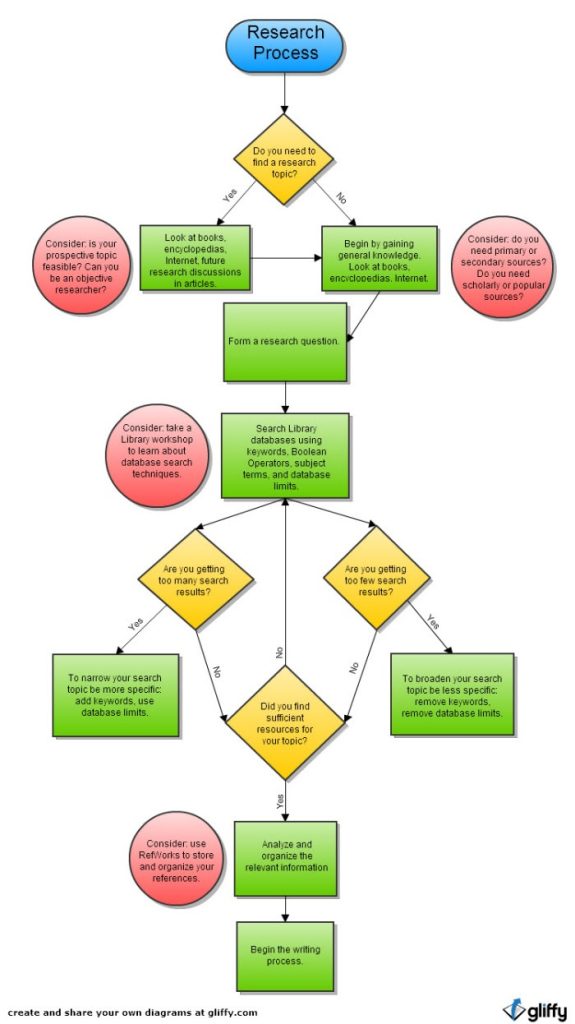Engaging in research is not just a task relegated to academic settings; it’s a fundamental life skill. Whether you’re deciding on the next smartphone to purchase, selecting a college to attend, or contemplating a medical procedure, the ability to conduct thorough research is indispensable. This same skillset is applied within the confines of academic coursework, be it for essays, presentations, or online discussions. Understanding and mastering the linear process of research is pivotal as it equips individuals with lifelong competencies in information literacy.
While the specifics of each stage of the research process may vary based on factors such as the subject matter, available resources, and the specific goals of the research or assignment, the underlying principles remain consistent. Developing a robust research strategy empowers individuals to effectively hone in on their topic, streamline their search efforts, manage time efficiently, progress from general to specific resources, and discern when further investigation is warranted.
It’s essential to acknowledge that research demands both time and dedication. Expecting to complete all research steps within a short timeframe is unrealistic; even the most comprehensive library research for a dissertation can span several years. Approaching assignments with careful consideration allows for the selection of a viable topic, thorough exploration of the subject matter, and the creation of a well-structured and scholarly piece of work. Additionally, integrating additional information on various research methodologies, such as qualitative, quantitative, or mixed methods, can enrich the understanding of the research process and its applications across diverse fields. Moreover, discussing the significance of critically evaluating sources to ensure reliability and validity can further enhance the depth of the article.

